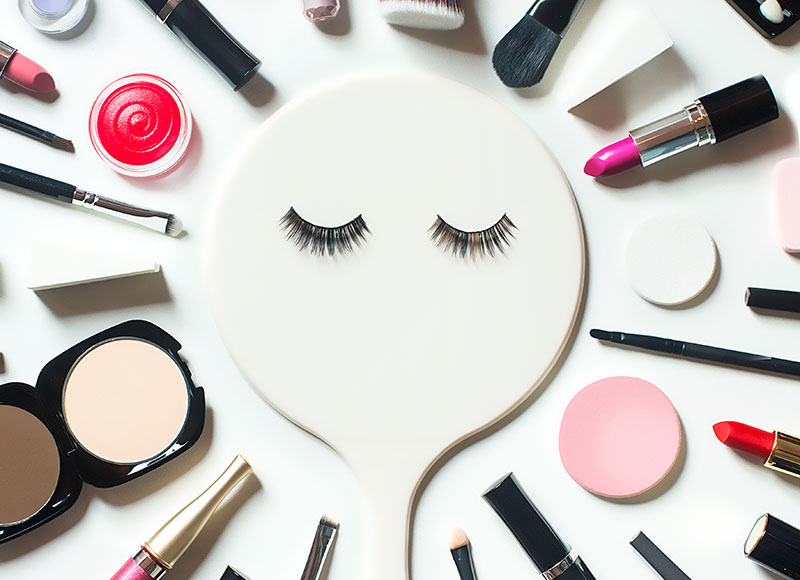You hear that aloe vera can moisturize your skin and lighten age spots, or you hear that coffee can tighten your skin and make it look younger. But you may feel skeptical about those claims and wonder just where the information is coming from. Is it all just a marketing gimmick to get you to buy more beauty products enhanced with aloe vera or other supposedly beneficial ingredients?
Fortunately, there is a process that companies and agencies use to determine the benefits of certain ingredients or to verify the claims that a company is making. Here’s a glimpse into the different procedures used to test and verify the claims about how a product can benefit (or harm) the human body:
Private Testing
A lot of companies hire experts to test their products and verify their efficacy. For example, a company that sells shampoo and conditioner might send its hair products off to a beauty product testing company to determine whether those products have the desired results. A company that sells nutritional supplements would likely need to hire a different lab or expert to test its products and ensure that they are effective.

Many companies go through the extra step of getting outside labs to test and verify the efficacy of their products so that they don’t make any claims that aren’t true. If products were proven to be ineffective, the companies could be liable to a lawsuit. At a minimum, they would lose their reputation and their customers if word got out that the products don’t do what they claim to do. So getting this testing done helps companies to protect their bottom line.
Government Testing
In some cases, government agencies like the Food and Drug Administration may test products or regulate the claims that companies make about them. Things like cosmetics don’t typically require testing prior to being released to the market, but over-the-counter drugs do (some of which can claim to have health or beauty benefits).
Even for items that do not require testing before going to market, the FDA may have jurisdiction to penalize the company if the claims about the products are found to be false. For instance, consumers may report that they are not getting the reported benefits, and then testing may be conducted to confirm that the product is ineffective. Then the company could face penalties.
Consumer Trials
Many companies recruit volunteers and paid test subjects to try out their products and report back on the results. The wrinkle cream you’re buying may have been used by hundreds of people over several years to verify that it actually reduces the appearance of fine lines. A group of women may have tried out two foundations to determine which one made their skin feel softer or their complexion appear evener.
This kind of product testing isn’t required, but many companies invest in it to ensure that they have a strong foundation for making claims about their products. You may even be able to be involved in these trials if you live in the right area or catch the advertisement at the right time. Companies should have information about the trials they have conducted, and you should be able to request this information.
Scientific research, testing, and regulation ensure that the claims you see on the products you buy are accurate. However, you can’t just take the company’s word for it. Many unethical companies will make claims and take a gamble that they won’t be challenged or caught in a lie. So you should make a habit of checking up on the products you use, looking for studies or other information about the way the ingredients work and what kind of impact they have on your body. If the product is regulated by the FDA, you can also look for information on the agency’s site. Finally, you can check out reviews of the product to see what other people are saying about how effective it is or what kind of impact it has had. You’ll make wise use of your money and protect your health at the same time.

